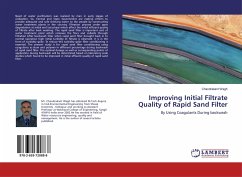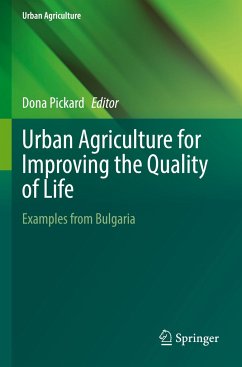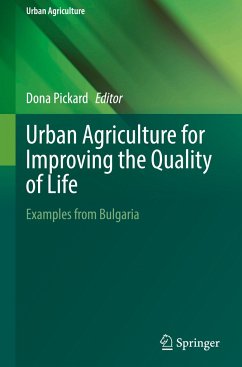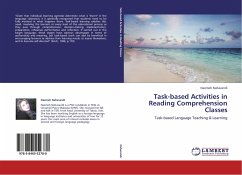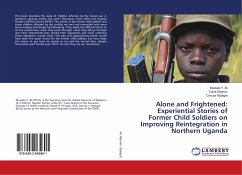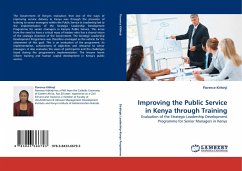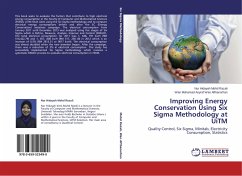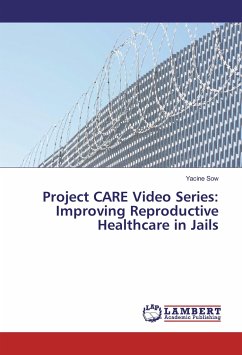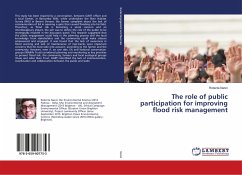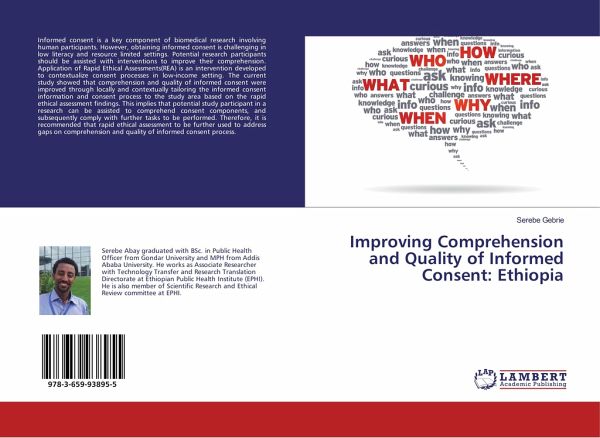
Improving Comprehension and Quality of Informed Consent: Ethiopia
Versandkostenfrei!
Versandfertig in 1-2 Wochen
24,99 €
inkl. MwSt.

PAYBACK Punkte
12 °P sammeln!
Informed consent is a key component of biomedical research involving human participants. However, obtaining informed consent is challenging in low literacy and resource limited settings. Potential research participants should be assisted with interventions to improve their comprehension. Application of Rapid Ethical Assessments(REA) is an intervention developed to contextualize consent processes in low-income setting. The current study showed that comprehension and quality of informed consent were improved through locally and contextually tailoring the informed consent information and consent ...
Informed consent is a key component of biomedical research involving human participants. However, obtaining informed consent is challenging in low literacy and resource limited settings. Potential research participants should be assisted with interventions to improve their comprehension. Application of Rapid Ethical Assessments(REA) is an intervention developed to contextualize consent processes in low-income setting. The current study showed that comprehension and quality of informed consent were improved through locally and contextually tailoring the informed consent information and consent process to the study area based on the rapid ethical assessment findings. This implies that potential study participant in a research can be assisted to comprehend consent components, and subsequently comply with further tasks to be performed. Therefore, it is recommended that rapid ethical assessment to be further used to address gaps on comprehension and quality of informed consent process.



